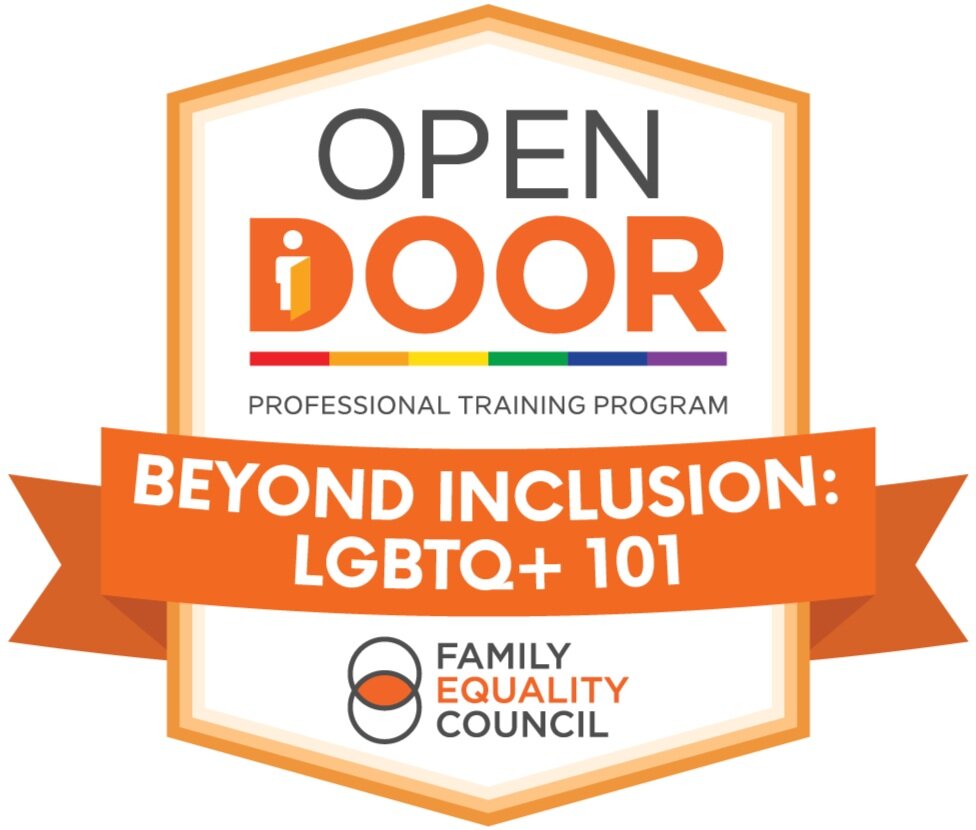Junior year of college, I studied abroad the summer of 1994 with my favorite professor, Dr. Kenneth Lawrence. He bravely took a group of us young adults to various parts of Greece and Turkey to study religious art and architecture (i.e., Greek & Roman mythology). At the end of the semester, we were required to pick one archeological site and write a detailed 20-page paper for our course grade. I chose the Temple to Aphrodite, located north-west of the Ancient Agora of Athens. Aphrodite was the Greek goddess who symbolized love, sex, beauty, and fertility, and I embodied (so I believed) all of those. From my mother’s side, I inherited a shapely figure with large breasts, and had what is crudely called “good birthing hips.” In a short skirt and heels, I felt vivacious and occasionally, sultry.
Within the first couple of days in Greece, I became mesmerized with the landscape – and – a beard-adorned philosophy major who delicately hand rolled each cigarette as if knitting silk, then asked me to join him in a smoke. Joining him felt like I’d been invited to the sacred circle, wrapping my yearning lips around something naughty, yet delicious. Kindling this budding relationship made me especially attuned to my foreign surroundings – Greek statues of gods and goddesses seemed to be adorned with a glow of passion and excitement. Sex, fertility, beauty, and possibility abounded.
Unencumbered by the weight of infertility baggage, my youthful Aphrodite envisioned my life – marrying in my late twenties, and having my first child in my early 30’s. At 20 years of age, I had no idea what was in store for my inner Greek goddess.
As a woman, beauty, fertility, and femininity are intertwined. Empirical research reports that women are seen as more attractive when ovulating, and I’ve often heard people describe pregnant women as having a special “glow” about them. That message penetrates deeply into the psyche of a woman, who eventually equates (at least in part) her desirability and – dare I say – power, to this amazing ability to create and sustain life. I was never fully conscious of these connections, and if I was, I took them for granted.
I call this fertility privilege – the perception of having a right or advantage compared to others. I’ll admit it; I did believe myself to be more prepared – emotionally, spiritually, and financially – then a lot of mother’s I’d come across. I had earned a doctorate in my field for crying out loud! Surely I could do this motherhood gig that seemingly came to others so easily. Upbringing and historical context contributed to my unearned fertility privilege. First, my mother loves being a mom, and she communicated early on in my life a consistent message that went something like this…
“When you become a mom one day…”
“There is no greater love than that between parent and child. I can’t wait till you get to experience that.”
“One day, when you become a mother, you’ll understand how I feel about you.”
Being from a rather traditional Southern family where gender roles are still alive and well, there was also the underlying assumption that women who didn’t have children were selfish, masculine, and lacked warmth. For years throughout my masters and doctoral programs, I was asked when I was going to get married and have children. Born on the heels of the Vietnam War and hippie movement, I entered the world at a time when Betty Friedan’s Feminist Mystique had been published just nine years prior, the National Organization for Women developed, and the first feminist publication Ms. Magazine featured the writings of Gloria Steinem. It was a mixed and confusing message for young girls like myself. On the one hand, motherhood was revered as the most meaningful life experience. On the other hand, I was also told I could be anything, do anything. Despite the contradictions, I fell for it hook, line, and sinker, believing that I could be a professionally successful woman and enter into motherhood when I felt ready. I wasn’t aware of any woman in my family that wanted children and never eventually birthed them.
Most young women, barring exceptions, take their fertility for granted, which is why it is such a traumatic blow when you find out you cannot conceive or carry to term. It feels as if a biological right has been taken from you, and you had no say in the matter. One of my clients first came to me after two years of failed infertility treatments. What hurt the most, she tearfully said, was that her mother and the other women in her family had always been described as “fertile myrtle.” Having children was often referred to as the common cold, spreading quickly from “baby fever.” This client felt betrayed by a family narrative that didn’t apply to her, and subsequently felt left out and isolated. Fertility privilege is natural, and comes from a sense of entitlement – believing you have a right to something. From the cultural narrative fed to me as a woman, I felt entitled to motherhood.
But listen closely fellow infertiles. I contend that the struggle an infertile person experiences sheds this sense of entitlement, but can – over time – increase one’s feeling of empowerment. Quoting Belle Boggs from her recent memoir The Art of Waiting, “The life an infertile person seeks comes to her not by accident and not by fate but by hard-fought choices.” That’s damn right.
I know you’re grieving an invisible loss – the loss of the future you thought you could create. I know you’re tired, enraged, hurt, and bruised emotionally and possibly physically. However, I challenge you to figure out how to be empowered in your situation. For one person, it might be to expend all treatment options and leave no stone unturned. For another, it may be the acceptance that you’re beating a dead horse and the movement in a different direction, such as adoption. For someone else, it may be making peace with a childfree life. You’ve got to ask yourself what’s most important, and then do what’s in your power and resources to pursue. I know you feel powerless, but you’re not. Yes, your inner Aphrodite has been under siege, and you may not be the fertility goddess you once thought you were, but you’re still here. You’re alive – here and now.
Feminist author Alice Walker, famous for her book The Color Purple, wisely said – “The most common way people give up their power is by thinking they don’t have any.”
Infertility, for years, stripped me of a felt sense of power. But I’m getting it back, through the creation of this blog, through motherhood, by helping others who struggle with creating a family, and by forgiving my body for its limitations and celebrating what I do have. If you’re not there yet, I hope you get there. Remember – you are loved.







